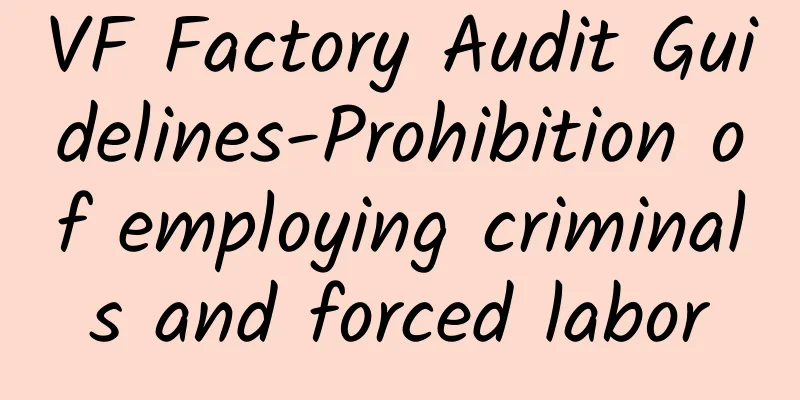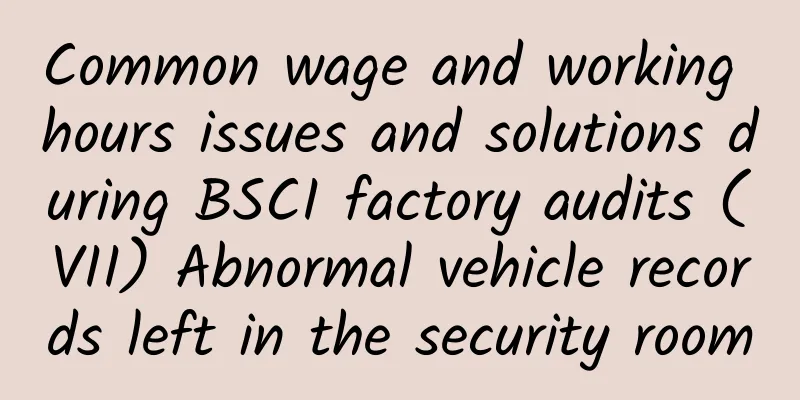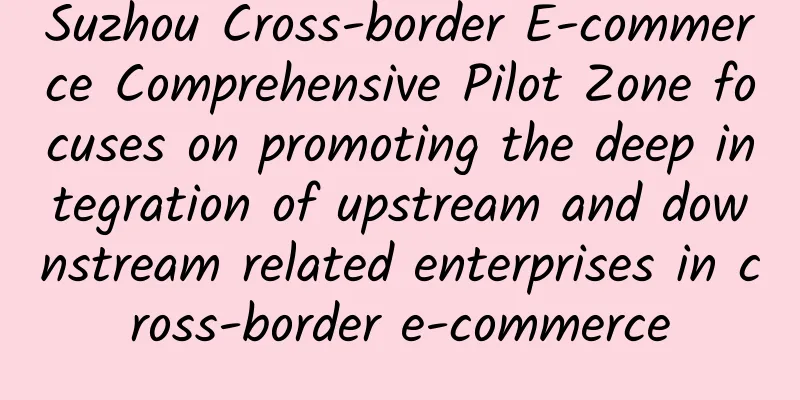VF Factory Audit Guidelines-Prohibition of employing criminals and forced labor

|
Factories are prohibited from using convict, voluntary, forced indentured or any type of convict labor. Factories are prohibited from employing convicted criminals in prison. Although there are conditions where it is permitted to employ convicts under local or state laws, it is expressly prohibited to import any product into the United States under U.S. customs laws if the product is produced by convict labor. Involuntary or Forced Labor Anyone who is forced to work for a reason will be considered to be involuntary or forced labor. Workers must have complete freedom of movement to leave the facility at any time. Factories have the right to impose restrictions on workers entering the facility or entering a certain room within the facility but should not prohibit workers from leaving. Labor indenture workers should not be forced to work by contract or any other means. Workers should not be forced to work to pay off debts, sign contracts for themselves, their families or others. Employment Contracts In some factories workers are required to sign employment contracts. These contracts will usually list the job, job duties, disciplinary procedures, overtime pay requirements and the length of time the contract is in effect. Some contracts are open ended. That is, the contract can be written without an end date. If the contract is open ended, there must be a provision that will end the contract when the worker quits the job. Employment contracts must not include anything that could be construed as forcing the worker to work. Workers must be able to quit at any time. Sometimes factories use third-party agents or brokers to hire workers. If a third party is used to hire workers, the worker's wages must be paid directly to the worker and not to the agent or broker. It is the factory's responsibility to ensure that the third-party agent or broker is legally qualified and is not a criminal, indentured or forced to work in any manner. Factories that employ security guards, or security companies that contract to provide their services, must not engage in practices that would cause workers to live in the factory and work against their will. Security guards should be limited to normal security functions, such as protecting the factory and product production and the safety of workers and other factory personnel. The factory should not retain employees' original identity cards, work permits or other forms of identification. Employees must have freedom of movement in the dormitories and freedom to leave at any time. |
>>: ISO 9001:2015 process approach
Recommend
What is Tophatter like? What value-added services does Tophatter have?
What about Tophatter? Tophatter adopts the SFB tr...
Best practices for handling neutral and negative feedback on eBay and Amazon
Positive reviews can increase your sales on both ...
What is Worktile? What are the benefits of Worktile products?
What is Worktile? Enhance the core competitivenes...
What is Unbounce? What does Unbounce do?
Unbounce was founded in 2009 and has been working...
Benefits of WCA factory audit
Is it useful for factories to pass the WCA factor...
BSC factory inspection regulations on working hours
The BSC factory inspection regulations on working ...
The most comprehensive guide to opening a cross-border e-commerce store - eBay
What I want to talk about today is eBay, one of t...
What is the RetailEasy system? What are the advantages of the RetailEasy system?
Shanghai Chuangye Information Technology Co., Ltd...
Social responsibility factory inspection requirements for indoor and outdoor hazardous waste storage
The social responsibility factory audit content o...
Useful Information | How to build a foreign trade sales platform?
Building a foreign trade sales platform is a very...
What is Digital Chief? What are the functions of Digital Chief?
What is Digital Chief? Provide more complete data...
Mattel Factory Inspection/Factory Health Special
Does the factory conduct industrial hygiene monit...
eBay auction payment deadlines
Is there a payment deadline after bidding on eBay...
What is Evernote? What are the functional advantages of Evernote?
Evernote, use Evernote to capture, cultivate and ...
What is OptinMonste? What are the features of OptinMonste?
Over the years, OptinMonste has discovered that m...









